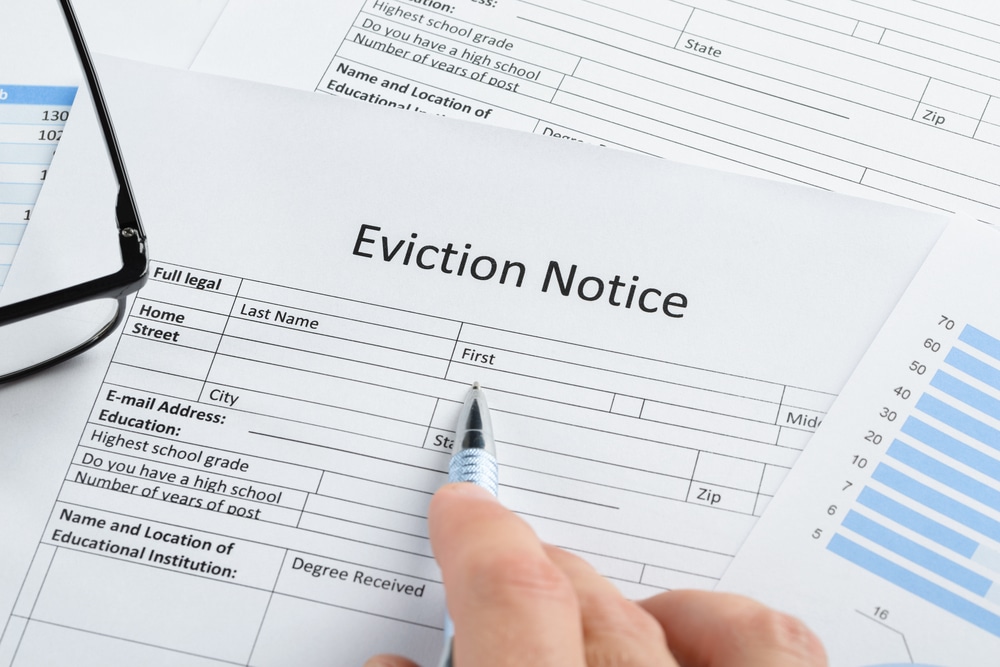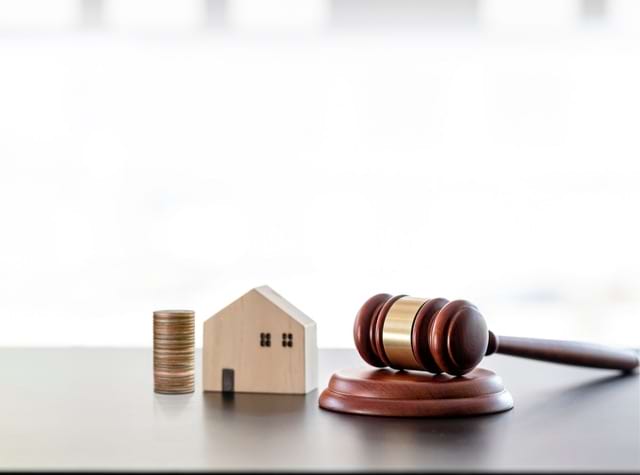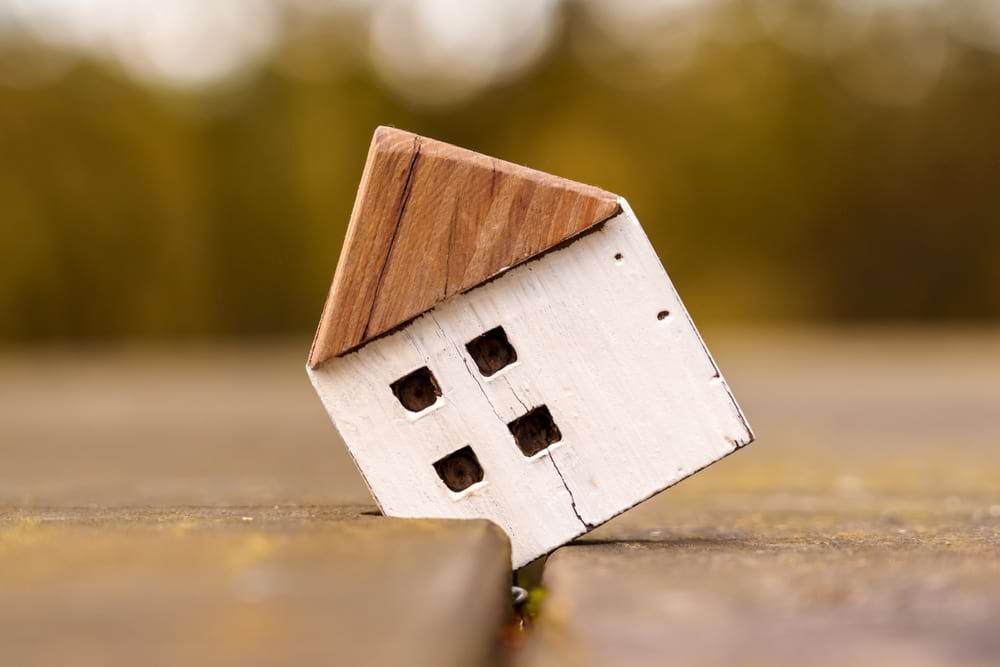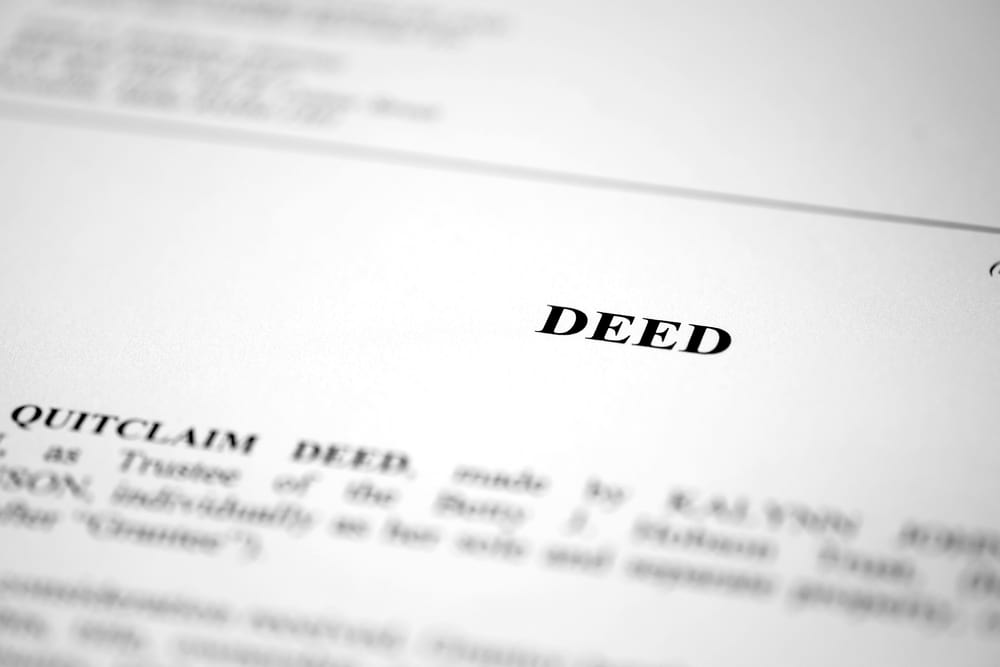When a few mortgage repayments are not met, your lender can issue a repossession order.
But what exactly does this mean – and more importantly, is it possible to stop one?
In the blog below, we’ve explained what a repossession order is, and how you can stop one.
What is a repossession order and what causes it?
A repossession order is issued by a mortgage lender when a homeowner is failing to meet their monthly repayments.
It is when the lender begins the house repossession process. Their goal is to take ownership of your property so they can recover any out-standing debt.
Typically, one failed payment or underpayment will not result in a repossession order straight away, because almost all lenders treat repossession as a final resort. They will usually consult with you to find an alternative solution.
Eviction
Once a house repossession goes through, you will be evicted from your property and must find another place to stay.
In this instance, most people contact their friends and family (if they have any) for a short-term solution. The council might also rehouse you.
But house repossessions are also a leading cause of homelessness.
A record of the house repossession will usually be kept in the Land Registry, and it will also be recorded by credit agencies.
In some instances, local newspapers and news websites may record house repossessions as a way of helping potential buyers find houses that could be on the market at a reduced price.
Is It possible to stop a repossession order?
When you fail to meet your mortgage repayments, your mortgage lender can take you to court. But this does not guarantee that the repossession will take place.
The N244 form is a document which allows a homeowner to prevent a repossession and make your case to a court.
You should complete and submit the N244 form once the repossession order comes through. In this document, you will need to demonstrate a plan for paying back the out-standing mortgage amount.
A court will then consider your application and make a decision.
It is recommended that you seek legal support when facing a repossession order. Completing the N244 form is time-consuming and extremely important because your ability to keep living in your property depends on it.
How do I complete an N244 form when facing repossession?
If you can’t afford your mortgage and are facing repossession, it is crucial that you complete the N244 form without any errors.
When you are facing possible repossession, these small details count, so you should take care to input the correct information. The main sections of an N244 form include:
- Your details
- Date and signature
- Why you are making the application
- The capacity in which you are making the application
- Whether you are attaching a draft order with your N244 form
- How you would like the hearing to take place
- Any evidence that you will rely on
- When the hearing will take place, with which level of judge
- Who the application will be served to.
This is not necessarily the order that the sections will appear in, but this is all the key information you will need.
For some categories, such as why you are making the application or what evidence you will rely on, it is generally advisable to have independent legal guidance if possible.
Is it possible to get a mortgage after a house repossession?
Yes, it is possible to get a mortgage after a house repossession.
However, it is more difficult to do so, and you may need to wait at least 5 years for your previous repossession to be removed from your credit and lending history completely.
It is more difficult to get a mortgage after a repossession because you are considered less trustworthy by the banks and credit agencies.
When you have a record of failing to make mortgage repayments, they will be more hesitant to grant you another mortgage. You may therefore have to compensate by making a larger deposit, waiting several years before reapplying.
Or potentially even considering a guarantor mortgage. You should seek independent financial and legal advice to discuss your options.
When you reapply for a mortgage, your lender will expect that any previous mortgage shortfalls have been paid off.
They will also want to be absolutely convinced about your ability to afford your new mortgage. And your credit score should also have been rebuilt to a respectable level.
We Buy Any Home is a cash house buyer who can help you to sell your property fast. Contact us today for a no-obligation valuation.



















